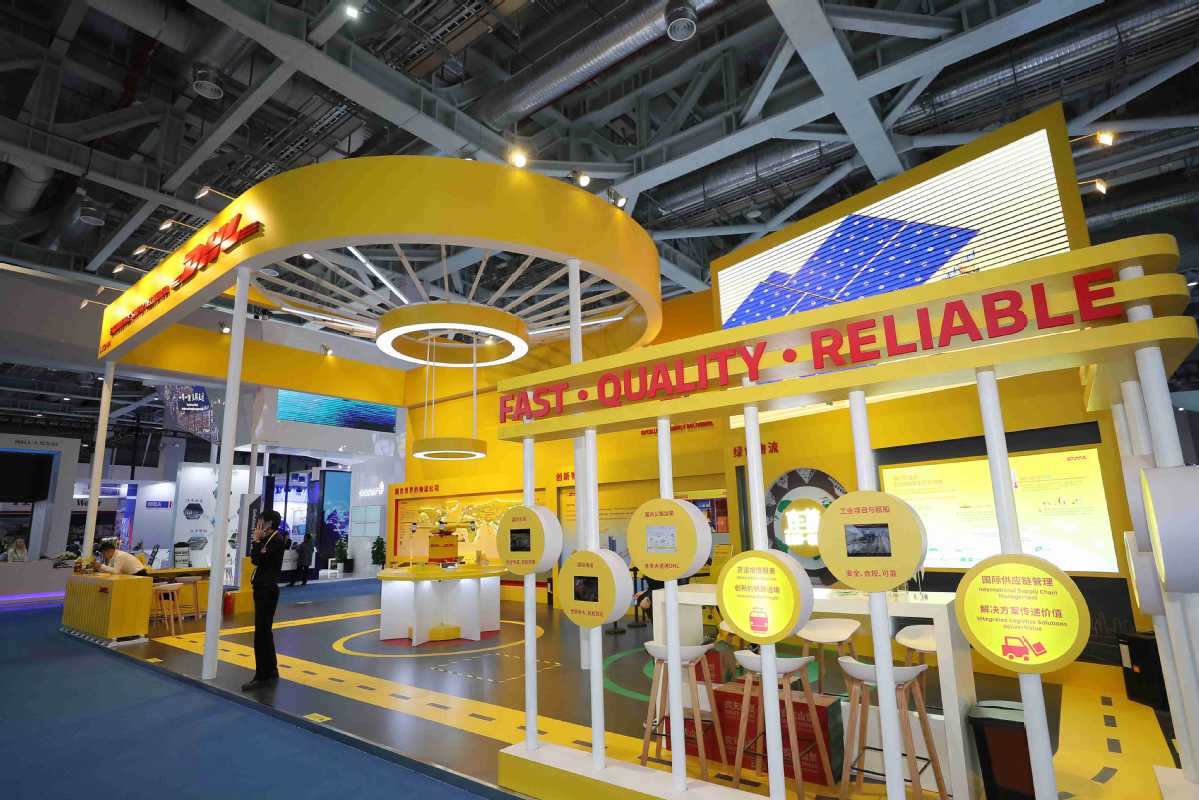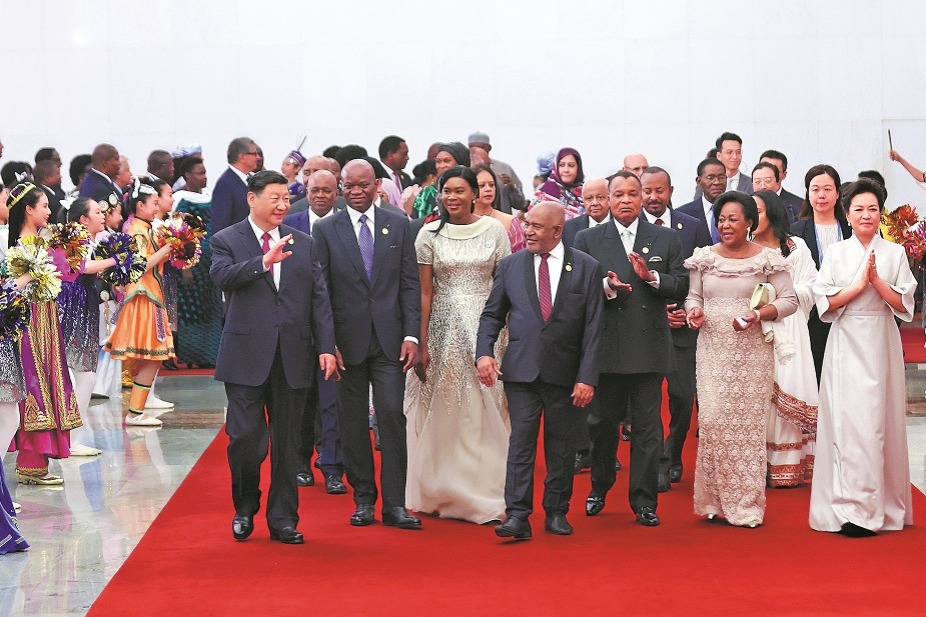Multinationals eye evolving Chinese market


Chen Yudong, Bosch's president for China, said: "China is playing an ever-greater role in the world. For example, the automotive industry is leading the transformation toward electrified and connected mobility."
US conglomerate 3M Co, which operates in the fields of industry, healthcare and consumer goods, is eager to compete with its established global rivals in China. In the first quarter of this year, the company will set up a $2.5 million thermal runaway barrier, or TRB, production line at its Hefei plant in Anhui province to supply more products for new energy vehicle producers in China.
The US company said TRB material is used in batteries for electric vehicles, or EVs, and effectively enhances battery thermal management performance and reduces the risk of batteries overheating.
Tony Shen, global segment leader for ePowertrain at 3M Automotive and Aerospace Solutions, a 3M subsidiary, said mass production in China will enable 3M to respond more quickly to growing demand in the local EV market.
Empowered by China's industrial and supply chains, foreign manufacturers using either high-tech or low-tech are keen to expand their market presence in the country, in view of the long-term prospects. They see strong demand emerging in China and the Asia-Pacific region.
Gao Lingyun, a researcher at the Chinese Academy of Social Sciences' Institute of World Economics and Politics in Beijing, said such companies include Siemens from Germany and Panasonic Holdings Corp from Japan, as well as low-tech businesses from the home appliances, garments and toy production sectors.
Although production costs are rising for foreign companies in China, Gao said the nation has established an efficient and well-established manufacturing ecosystem to ensure high productivity. This system includes a well-developed logistics infrastructure such as ports and roads as well as an educated and well-trained labor force.























